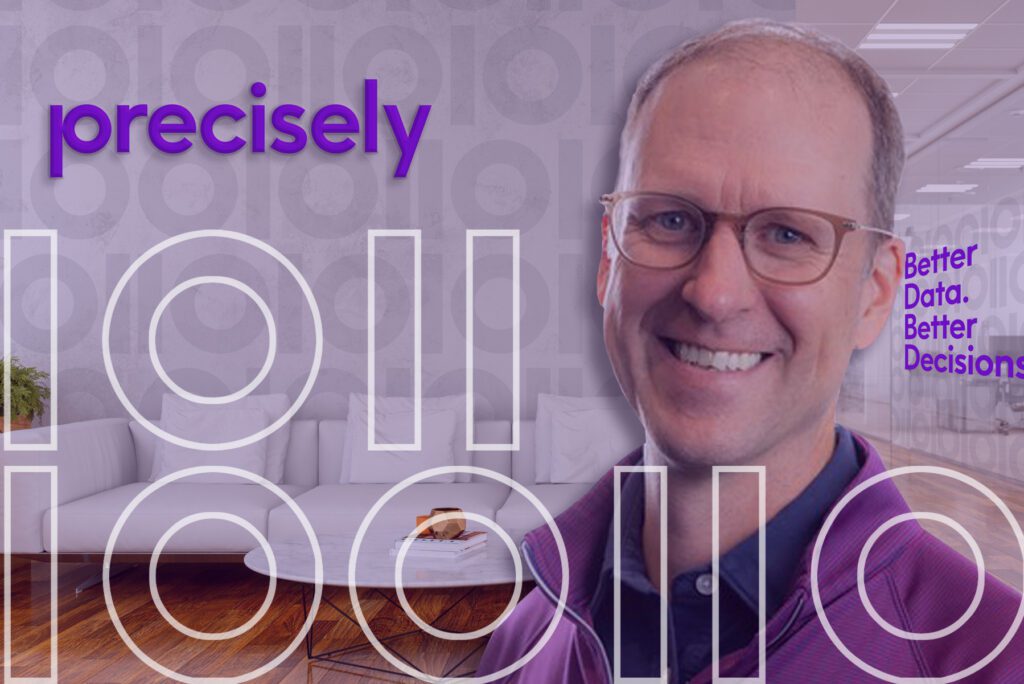Meet Model Context Protocol (MCP) – the open standard quietly transforming how AI systems access real-world context.
AI innovation continues at a breakneck pace and large language models (LLMs) like Claude, GPT, and others are transforming how we interact with our data, tools, and systems. But there’s a catch: despite their brilliance, these models often lack the context needed to operate in real-world enterprise settings.
That’s where MCP comes in.
This emerging open standard is quietly revolutionizing how AI connects with data, APIs, and tools – bridging the gap between powerful models and the trusted context they need to deliver real business results. Let’s take a closer look at what MCP does, why it matters, and the game-changing role it can play in accelerating your AI development lifecycle.
What Is Model Context Protocol (MCP)?
Model Context Protocol, or MCP, is an open-source standard developed by Anthropic. It was designed to help AI systems break out of their silos and solve one of the most pressing problems – a lack of relevant, up-to-date information.
MCP solves that challenge by introducing a universal framework that connects AI models to external data sources and digital tools, so your models have secure, structured, and flexible access to the real-world context they need to function effectively.
Instead of writing custom code for every single integration, developers can plug into an MCP-compliant interface – then let the AI handle the interaction.
Here’s how this architecture works at a high level:
- MCP servers expose APIs, tools, or datasets through a standard interface.
- MCP hosts (like Claude Desktop) request data or trigger capabilities.
- MCP clients are the models or AI agents that decide (often based on natural language instructions) what action to take and when.
This architecture makes it possible for AI to go beyond static prompts and start interacting with your broader digital ecosystem in real time.
When your models can dynamically decide which functions to call based on what a user is asking, you gain powerful, context-aware interactions – without rigid, one-off integrations.
Why Context Matters in AI
We’ve talked about how MCP addresses a critical gap in modern AI systems – but why does context matter so much in the first place?
The fact is, LLMs are excellent at generating human-like responses, but they often fall short on real-world tasks. That’s because most models are trained in static environments and don’t have access to the systems where up-to-date, domain-specific knowledge lives. The result? Hallucinated outputs, missed nuances, or generic answers that don’t meet enterprise standards.
MCP solves this by giving models structured, scalable access to the data and tools they need. With live, verifiable context from enterprise systems, AI can deliver more accurate, grounded, and useful responses that drive better outcomes – whether you’re assessing risk, planning investments, enriching customer profiles, or anything in between.
Ultimately, MCP helps you move faster from experimentation to execution, speeding up the entire AI development lifecycle.
Key Benefits of MCP for AI Development
MCP unlocks speed, scale, and smarter decision-making across your AI initiatives. Here are a few of the biggest advantages:
- Frictionless access: Query enterprise APIs using natural language – no code required.
- Faster prototyping: Wrap APIs as callable functions and start experimenting instantly.
- Enterprise scalability: Connect securely to internal systems while managing exposure and governance.
- Ecosystem interoperability: Use across different tools and LLMs without being locked into a single vendor.
Together, these benefits remove the traditional barriers to building AI-powered solutions – reducing friction, empowering more users, and accelerating delivery across teams.
At Precisely, we’re bringing this vision to life with our own MCP server. Built on Anthropic’s open standard, our server connects location intelligence tools and high-integrity location datasets directly to LLMs like Claude Desktop. That means anyone – from developers to business analysts – can now interact with decision-ready location data using a simple natural language interface.
Want to assess wildfire risk for a specific address? Or find restaurants nearby? Need to analyze market expansion opportunities based on geospatial trends? The MCP server makes it all possible, with zero setup or coding required.
By removing integration complexity and exposing trusted APIs through conversational AI, our MCP server make it easier than ever to build spatially aware, context-rich applications that deliver real business value – fast.
How to Get Started with MCP
Getting started with MCP doesn’t require a complete overhaul of your systems. In fact, part of what makes it so powerful is how lightweight and flexible it is to implement.
- For developers: Precisely’s open-source MCP server wraps API endpoints into callable functions. Our public repository includes a quickstart guide, authentication setup, and example prompts.
- For enterprises: MCP servers can connect to both local and remote systems, supporting secure, compliant deployments across hybrid environments.
- For LLM users: Claude Desktop and other tools already support MCP integration. You can test locally or roll out to full production as your use cases grow.
One essential best practice: Keep your MCP server lean. Limit callable functions to only what’s needed for your workflow. This keeps AI prompts focused and context windows efficient.
Embrace an Open AI Ecosystem
MCP fits perfectly into our vision for an open, interoperable AI ecosystem for data integrity – a connected environment where your choice of tools, models, and data sources is never a limitation.
AI doesn’t care where your data lives today. It cares whether that data is accessible, usable, and trustworthy. MCP helps bridge the gap between AI ambition and business reality by:
- Enabling seamless interoperability across systems
- Giving you full control over how data is shared and used
- Empowering teams to experiment and innovate faster and with confidence
The future of AI is about making models smarter and more useful. And that starts with context.
Start building with MCP (Model Context Protocol) today. Visit the Precisely Developer Portal to browse our APIs, access documentation, and see how quickly you can go from idea to working prototype.







